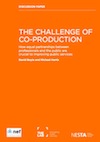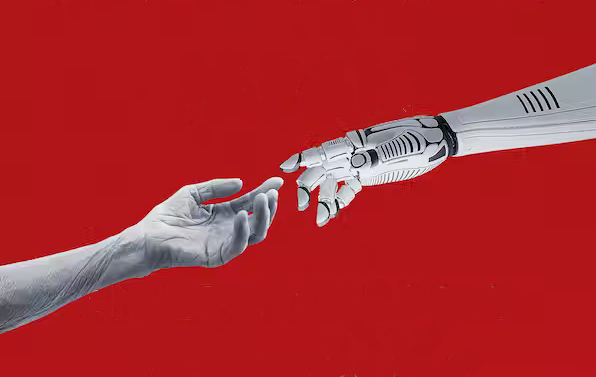The challenge of co-production
Co-production as a new way of thinking about public services has the potential to deliver a major shift in the way we provide health, education, policing and other services, in ways that make them much more effective, more efficient, and so more sustainable.
This paper provides the basis for both a better understanding and a stronger evidence base for co-production.
Given the current diversity of uses of the term, this paper also explains what coproduction isn’t and demonstrates why co-production looks set to create the most important revolution in public services since the Beveridge Report in 1942.
The paper also diagnoses why public service reform is stalled, and why a radically new approach – sharing the design and delivery of services with users – can break this logjam and make services more effective for the public, more cost-effective for policymakers, and more sustainable for all of us.




